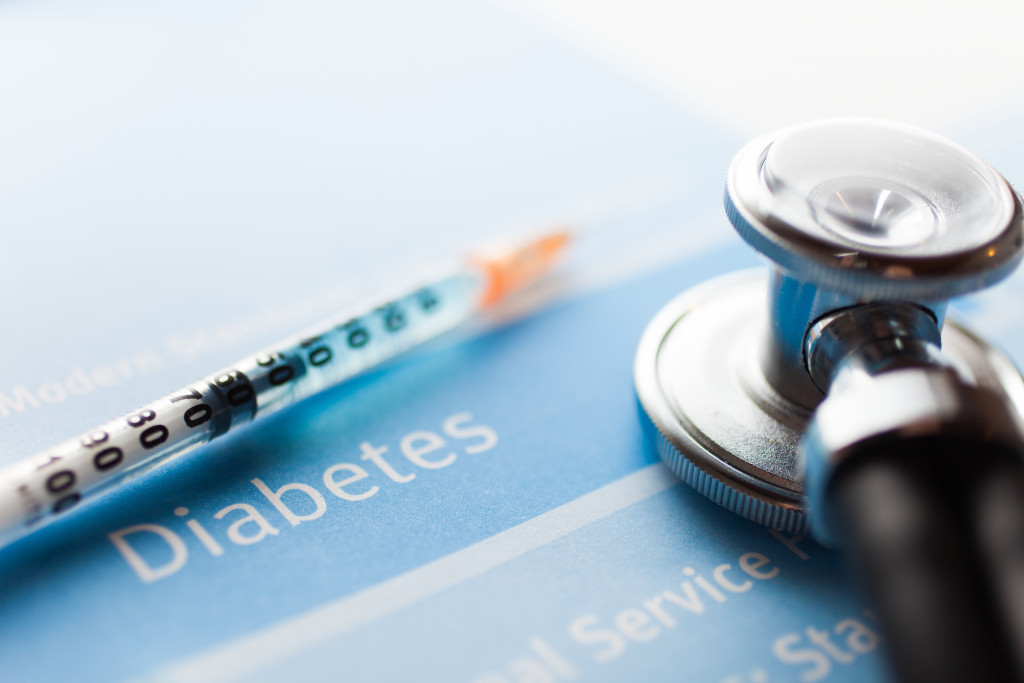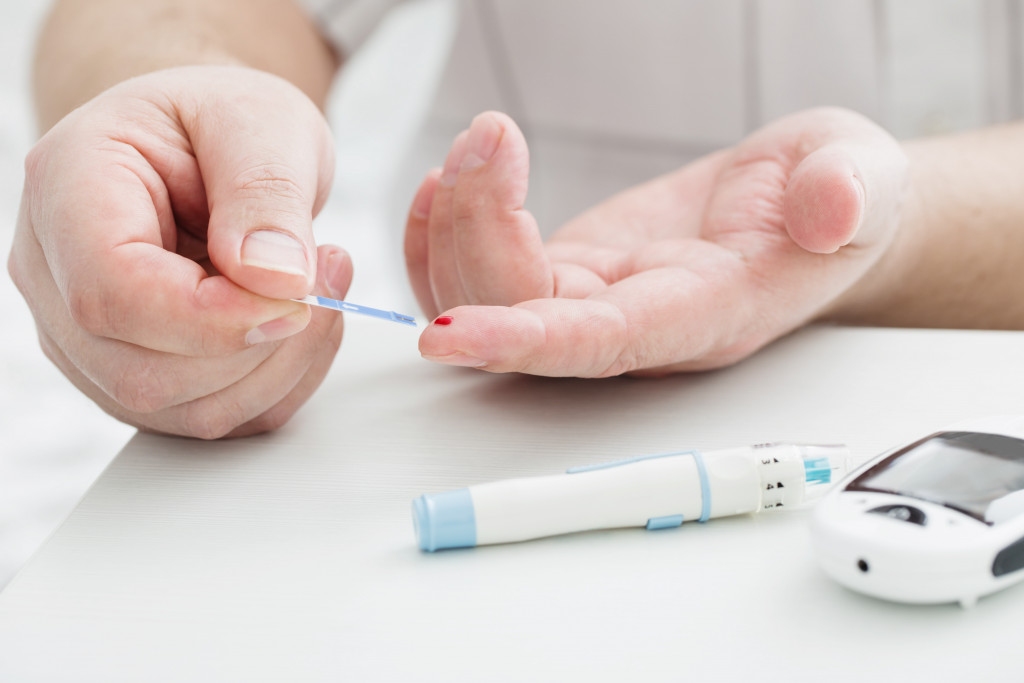Women’s bodies are complex and unique. As such, women face some chronic health concerns more often than men due to differences in anatomy, hormones, lifestyle choices, and environments.
Long COVID
Long covid can manifest in many different ways. Some common symptoms include fatigue, headaches, joint pain, chest pains, insomnia, and depression. In addition to these physical symptoms, there have also been reports of cognitive impairment, such as difficulty concentrating and poor memory recall. It is important to note that many people who experience long-term effects of the virus are not even aware that they are experiencing them because they are so used to feeling unwell that it becomes normal for them.
Recent studies suggest that women may be more likely than men to suffer from long covid due to various factors, including differences in immune system responses between genders and higher levels of inflammation in female patients.
In one study by Imperial College London, researchers found that women were almost twice as likely as men (37% vs. 20%) to report persistent symptoms lasting at least 8 weeks after infection. Other research has shown similar results; one study reported that approximately 60% of female participants had suffered from persistent post-COVID syndrome 8 months after initial infection compared with 50% of male participants.
It is important for women suffering from long covid to be proactive about managing their symptoms and seeking medical attention when necessary. While there is no cure for post-COVID syndrome yet, you can look into some programs or treatments for long COVID.
Diabetes
Diabetes is a widespread chronic health concern, but it can look different in men and women. It is helpful to understand the risks and symptoms of diabetes so you can take steps to assess your health and reduce your risk of developing it or further complications.
The most common sign of diabetes is increased thirst or hunger, accompanied by frequent urination. Other signs include fatigue, blurred vision, weight loss, slow healing of cuts or bruises, and tingling or numbness in the hands and feet.
While these are all commonly experienced by both genders, some signs may present differently in women than in men. For instance, some women may experience yeast infections more frequently, which could indicate diabetes; this symptom is not as prevalent in men with diabetes. Additionally, women may experience hair loss or dry skin, which could be related to the disease.
Women with diabetes are also at greater risk for cardiovascular conditions such as stroke and heart attack. This is because high blood sugar levels increase the risk for high blood pressure, cholesterol, and other medical concerns that can contribute to heart diseases such as obesity and metabolic syndrome.
Diabetes can also cause nerve damage which leads to nerve pain or numbness; this condition is known as peripheral neuropathy. In addition, women with diabetes have higher rates of miscarriage than those without the condition, so it’s important to get regular checkups during pregnancy to monitor blood sugar levels closely.

Osteoporosis
Women are more prone to developing osteoporosis than men because of the unique biological realities of the female anatomy. During menopause, for example, levels of estrogen—which helps maintain bone mass—in a woman’s body dip drastically, leading to an increased risk for bone density loss.
Additionally, women naturally have less bone tissue than men due partly to smaller frames and lighter weight. This means that there is less material available for bones to draw on when making repairs or creating new bone tissue—a process known as remodeling—which puts them at greater risk for developing osteoporosis.
In addition to understanding why women are at an increased risk of developing osteoporosis, it’s also important to understand how you can reduce your chances of developing this condition. Eating a balanced diet rich in calcium and vitamin D is key; both nutrients play major roles in maintaining healthy bones throughout life.
Plus, exercising regularly with both cardio and strength training will help build muscle mass while improving balance and coordination. Both can help prevent falls that could result in fractures which could be especially damaging for those with weakened bones due to low bone density or osteopenia (the precursor to osteoporosis).
By staying informed about common chronic health conditions facing women today, you can ensure proper care for yourself now and into the future. Long COVID, diabetes, and osteoporosis are just three examples worth being aware of. However, several other conditions could become relevant depending on individual circumstances. Make sure you talk to your doctor about any changes in your body so you can identify any potential problems before they become serious.



